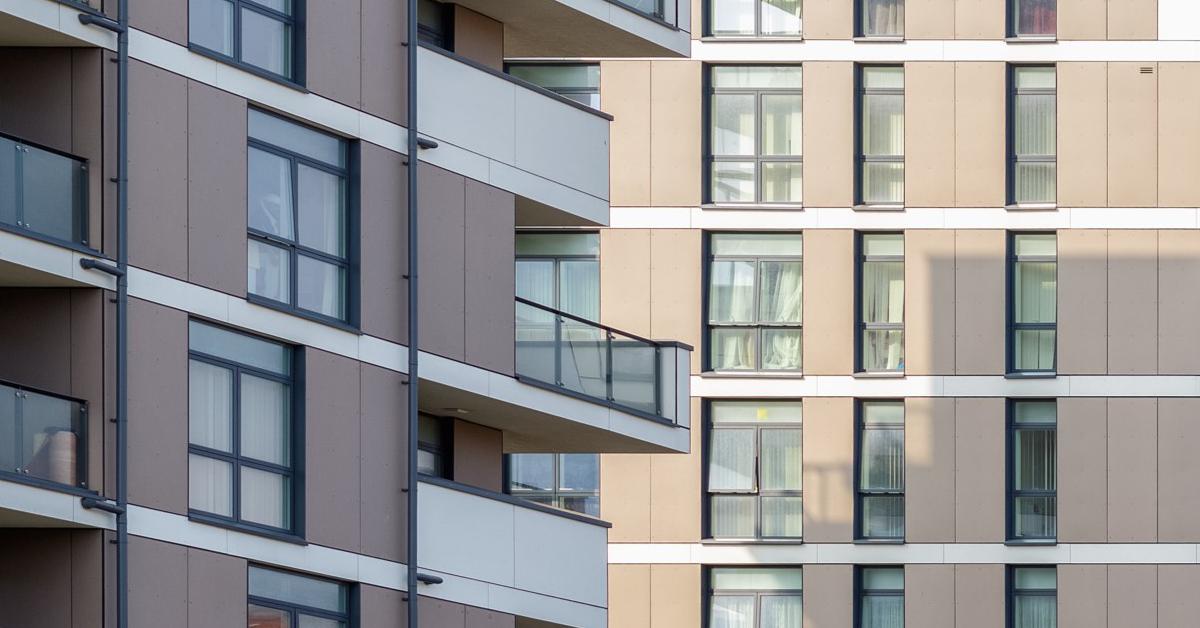

Leasehold reform gathers pace
Committee stage scrutiny of the Leasehold and Freehold Reform Bill finished last week, with several amendments to the legislation agreed. Senior Campaigns and Public Affairs Officer, Eleanor Bateman, outlines the key changes and what they are likely to mean for leaseholders and freeholders.
The Leasehold and Freehold Reform Bill forms the second part of the Government’s leasehold reform package and aims to fulfil a manifesto commitment to “crack down on unfair practices in leasehold.” The Bill completed its committee stage last week, and the Government is determined to progress it, with report stage scheduled for 27 February 2024 – to be followed rapidly by the Bill’s third reading.
The Bill takes forward recommendations made by the Law Commission, particularly on enfranchisement and the right to manage. The reforms will reduce restrictions on when and how a leaseholder can extend a lease, expand the right to manage to enable leaseholders to buy the freehold, and increase standard lease extensions to 990 years.
It does not, however, include an outright ban on the sale on new leasehold houses, as had been anticipated.
No outright ban on leasehold
Many speculated that the Government would amend the Bill at committee stage to introduce such a ban, but it opted not to do so. It may yet use the Bill to abolish leasehold houses, but the lack of progress to implement a viable alternative – broadly considered to be commonhold, which allows individuals to own the freehold of dwellings, while the rest of a building or estate is jointly owned and managed – may scupper this commitment.
Another missing detail, which adds to the uncertainty for both leaseholders and freeholders, is the rates that will be used to calculate the amount paid by a leaseholder when purchasing or extending a lease. These are due to be determined by the Government and will be outlined in secondary legislation. In setting the deferment rate(s) in regulation, the Government hopes to reduce the opportunity for dispute and speed up the lease extension process.
But determining the rates will be a delicate balancing act – too high and freeholders could suffer considerable losses in the transfer of wealth, too low and leaseholders may be faced with higher costs than pre-reform. While no further insight was provided on the precise rates during the committee debate, the Minister for Housing, Planning and Building Safety, Lee Rowley MP, did confirm plans to launch a consultation to seek views which is welcome, though likely to mean that implementation of the reforms remains a little way off.
Building safety amendments fall
Disappointingly, amendments that would have brought non-qualifying leaseholders into the scope of the Building Safety Act’s cost protections were not supported. As a result, landlords who own non-qualifying leases will remain liable for the full costs of fixing building safety defects.
This is despite the case for removing the “arbitrary distinction” between qualifying and non-qualifying leaseholders being made forcefully by Shadow Minister for Levelling Up, Housing and Communities, Matthew Pennycook MP. The amendment was put to a vote but disagreed, with five ‘ayes’ to ten ‘noes’ but is likely to be reconsidered later in the Bill’s passage.
Much of the debate centred around the new rights and protections afforded to property owners on freehold estates, and amendments agreed last week will extend these protections. Leasehold landlords and freehold estate managing agents will now be required to join a redress scheme, improving access to redress for leaseholders whose only option currently is to seek resolution from the courts.
Ground rent also dominated the discussion, with the timing of the Government’s recent consultation questioned by some committee members. The Government has made its intention to cap ground rent in existing leases to a ‘peppercorn’ known, mirroring the system already in place for new leases.
However, with its consultation having just closed and no indication of when a response from the Government might be published, ground rent provisions may change significantly as the Bill progresses.
You can read more about the NRLA’s response to the consultation here.
In closing the committee stage, the Chair, Sir Edward Leigh MP, remarked that he had been warned that the Bill was “as dry as dust” and “a very complex part of the law.” It has certainly been a long time coming – leasehold reform having been a commitment since 2017.
The Government now seems intent on delivering it swiftly and we can only hope that, in its haste to get the legislation onto the statute book, the considerable detail still lacking is not mismanaged or overlooked entirely.
